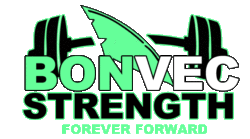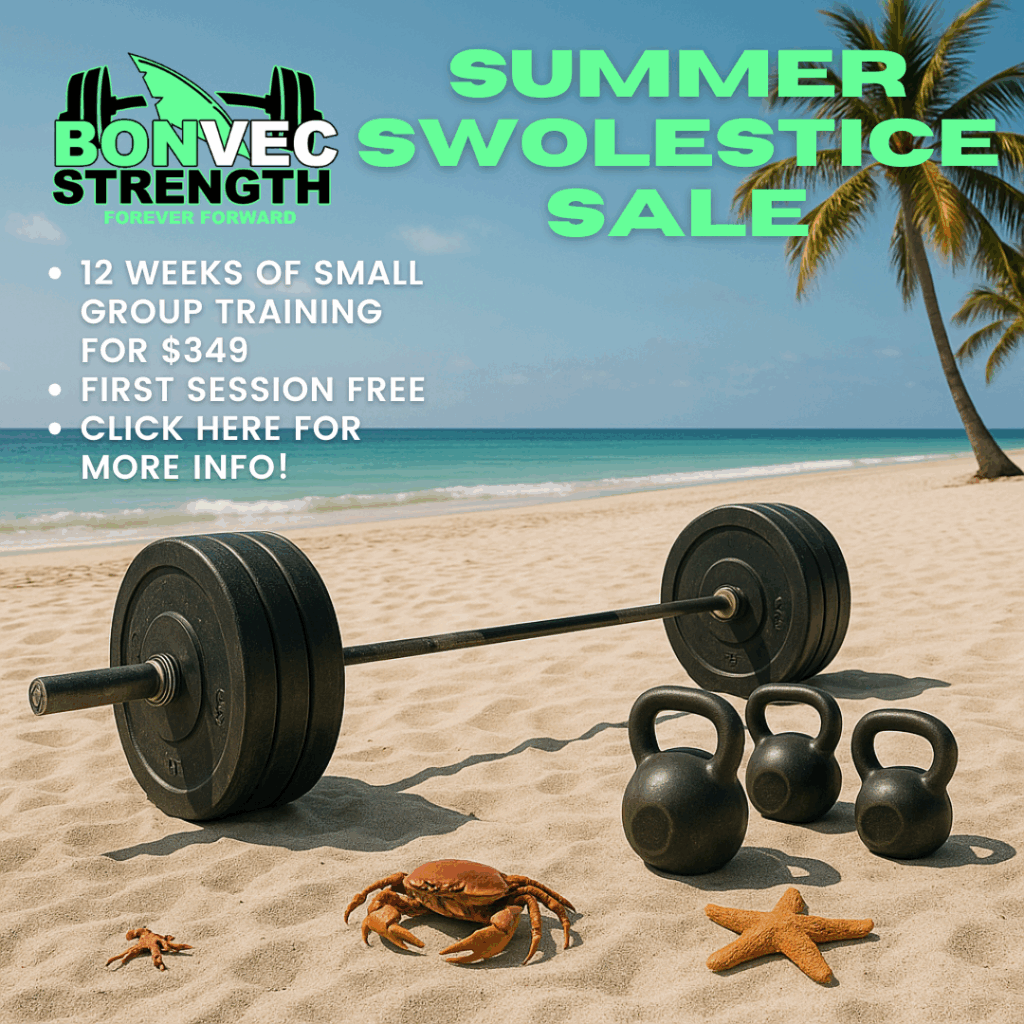I’ve noticed that around holidays (such as this 4th of July), my clients who partake in heavy barbell training tend to accumulate a lot more nagging injuries. Nothing major, but sore hip here, cranky shoulder there. And while I’m always striving to keep my lifters as healthy as possible, the truth is that if you want to accomplish amazing things in ANY sport, bumps and bruises are inevitable. The cost of doing business, if you will.
What happens during holidays? Travel. Changes in sleep patterns. Increased alcohol consumption. Changes in nutrition. Basically, recovery and routines get turned upside down. What gets called a “holiday” or “vacation” is rarely relaxing.
- Travel: more time sitting in the car or on a plane, stressing about traffic/flights and if you’ll reach your destination on time, dehydration (especially if you’re flying)
- Changes in sleep: less sleep and lower quality sleep, especially if you’re not sleeping in your own bed
- Increased alcohol consumption: dehydration, disrupted sleep, empty calories
- Changes in nutrition: likely over-consuming carbs and fats and under-consuming protein and vegetables
Stress and Injury Rates
We know that when recovery is compromised, the likelihood of injury increases. Bryan Mann of the University of Missouri conducted an excellent study that looked at the rate of injury among college athletes during periods of high physical stress (i.e., two-a-days), high academic stress (i.e., midterm and final exams) and low academic stress (i.e., no scheduled exams). The research found that athletes were nearly twice as likely to get injured during periods of high academic stress than during periods of low academic stress.
Here’s a quick video explaining the findings:
Should You Just Enjoy Yourself?
I see a lot of posts from trainers about just enjoying yourself during the holidays and not stressing about training and nutrition. That’s fine, but understand that it comes at a cost. If you’re gonna say “fuck it” when it comes to your sleep, nutrition and hydration, be ready for your body to say “fuck it” when you ask it to perform the next time you step into the gym.
Don’t get me wrong, I am not a walking example of perfect nutrition and recovery habits. I don’t track my calories, I drink a lot of beer and I help run a business. My recovery is NOT perfect. It would be hypocritical of me to wag my fingers at others and say, “You need your recovery to be perfect.”
In fact, most of the time, I tell my clients who are going on vacation to not even worry about finding a gym, counting calories, etc. You can pick back up where you left off when you get back. It might just take a few days and a few easy workouts to hit your stride again.
My tone changes, however, if you’ve got a competition or event looming. If you’ve committed to a powerlifting meet, a sporting event, a physique competition, whatever, and you need to perform at your best on one specific day, you’d better keep your recovery a top priority or adjust your expectations.
Lessons Learned
The lesson to lifters? Don’t expect your performance in the gym to be spectacular after a holiday or vacation. And if you truly care about your performance (i.e., you have a competition or event coming up), you’d better do everything you can to maintain your sleep, nutrition and hydration even if you’re traveling.
The lesson to coaches (especially me)? Adjust training loads accordingly when clients return from a holiday. And if they’ve got something big coming up, be absolutely clear with your expectations about them behaving themselves.
Stress is stress is stress. Whether it’s physical, psychological or emotional. Your body can only handle so much before it breaks down. Make sure you’re managing your stress according to your goals, and that you’re willing to accept the consequences when you let your guard down on holidays and vacations.


